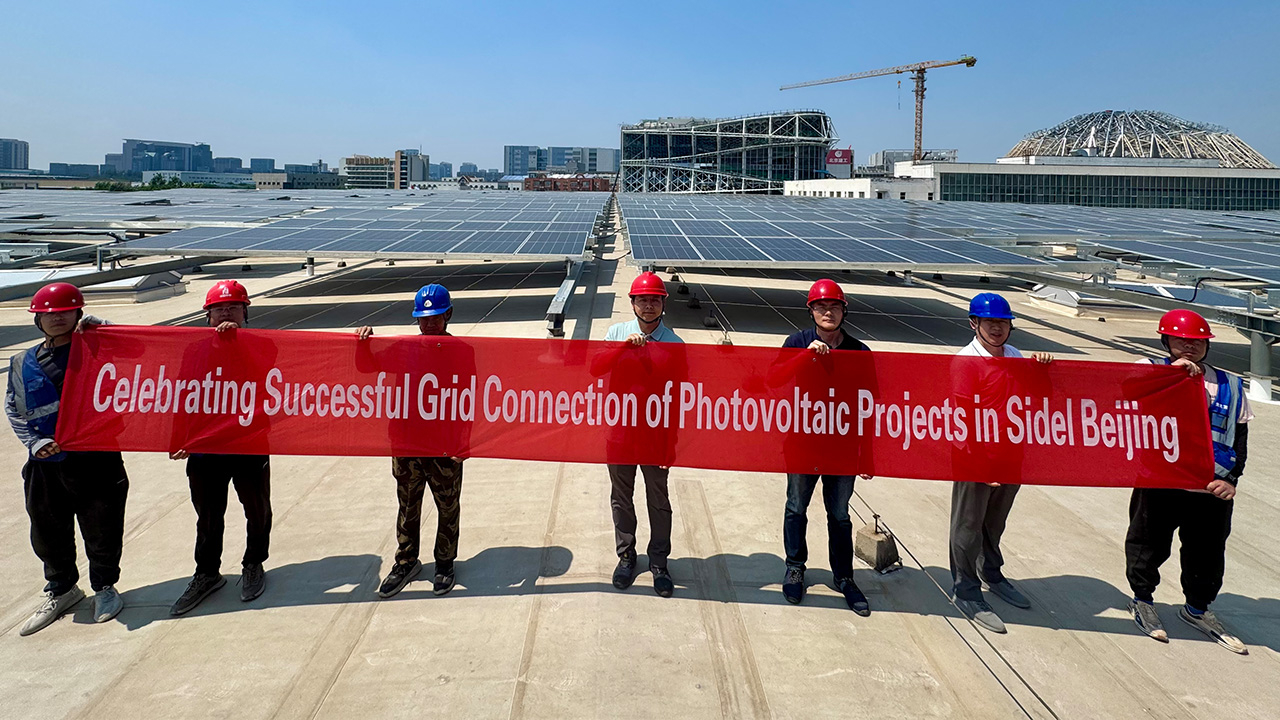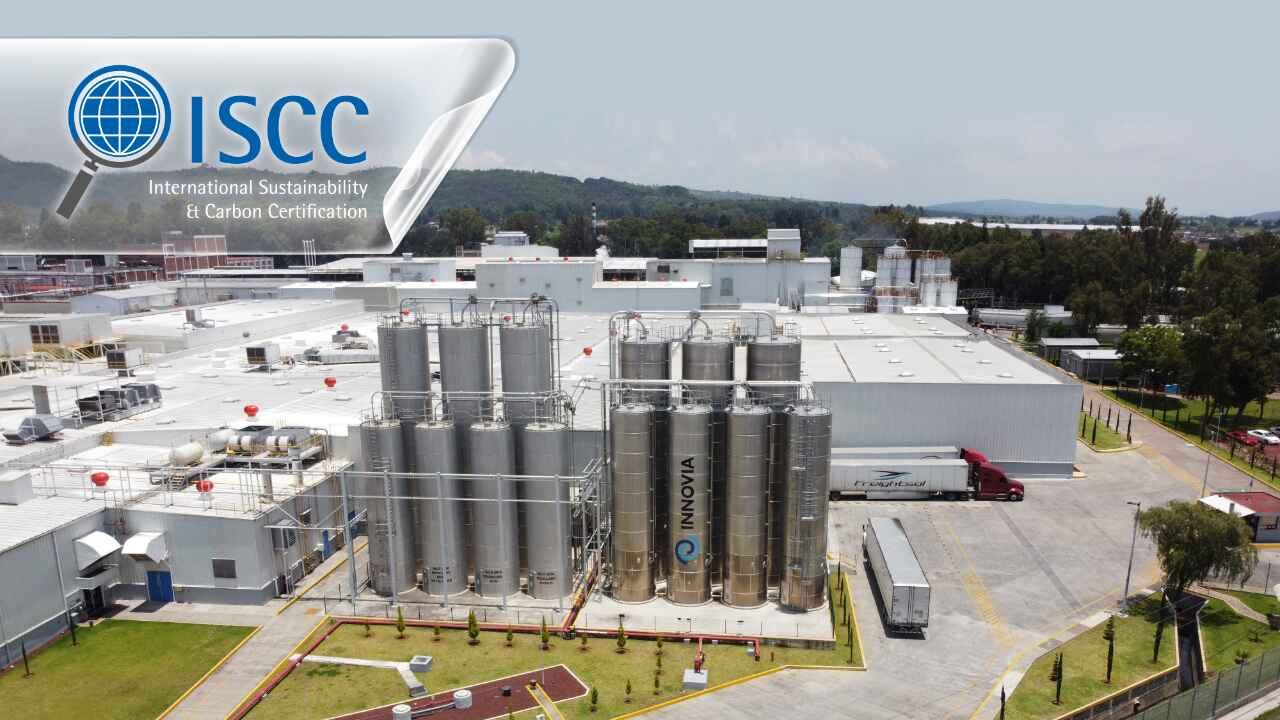Sidel's Beijing plant achieves grid connection for rooftop solar system
The 2.1 MW solar photovoltaic system is expected to reduce CO₂ emissions by 2,452 tons per year.

Sidel's Beijing plant has achieved full grid connection for its rooftop solar photovoltaic system, marking a significant step forward in the company's decarbonization journey and setting a new benchmark for green transformation in the industry.
With an installed capacity of 2.1 MW, Sidel Beijing's solar system is expected to generate 4,394,700 kWh annually, meeting 60 percent of the plant's daily operational electricity needs and reducing CO₂ emissions by 2,452 tons per year.
Through the innovative 'self-consumption with surplus feed-in' model, 35 percent of the clean energy generated will be fed back into the municipal grid via smart power networks after fulfilling on-site demand. This enables optimized allocation and efficient utilization of green energy, transforming every ray of sunlight into sustainable power.
As a signature project to China's 'Dual Carbon' strategy implementation, the installation features industry-leading LONGi Hi-MO7 high-efficiency modules with 615W panel power and a top-tier conversion efficiency of 23.1 percent.
Since establishing operations in Beijing in 2008, Sidel Beijing Plant has embedded sustainability into its core strategy. Continuous environmental investments and innovations culminated in 2025 certifications, including ISO 50001:2018 Energy Management System, ISO 14064-1:2018 Zero Carbon Factory and GB/T 39257-2020 / GB/T 33635-2017 5-Star Green Supply Chain Management.
As a Beijing-certified Green Factory, Sidel's environmental efforts go beyond solar energy, encompassing an intelligent Energy Management System and Building Automation System for precise energy control, a retrofit program for equipment frequency conversion to reduce consumption, low-temperature distillation technology to minimize effluent from acid-wash passivation, continuous optimization of water recycling systems saving hundreds of tonnes annually, upgraded lighting that cuts power use while improving employee comfort and on-site EV charging stations to promote greener commuting and lower carbon footprints.
Environmental stewardship remains a core value at Sidel, with a focus on developing innovative options to reduce its environmental footprint. The group has an ambitious target of a 73 percent reduction in Scope 1 and 2 emissions compared to the 2019 baseline and has already achieved 64 percent of this reduction as of 2024. Since 2022, all Sidel plants worldwide have operated on 100 percent renewable energy, with the Beijing solar project serving as a tangible manifestation of this commitment.
'Building a beautiful Earth requires concrete corporate action. This PV system not only slashes our operational carbon footprint but also demonstrates Sidel's unwavering commitment to green manufacturing. We will continue exploring innovative technologies to advance sustainable industry development,' said Li Yonghon, director of Sidel Beijing Plant.
Future plans include exploring energy storage options and smart energy management to transform the plant into an urban green energy hub.
Stay up to date
Subscribe to the free Label News newsletter and receive the latest content every week. We'll never share your email address.

